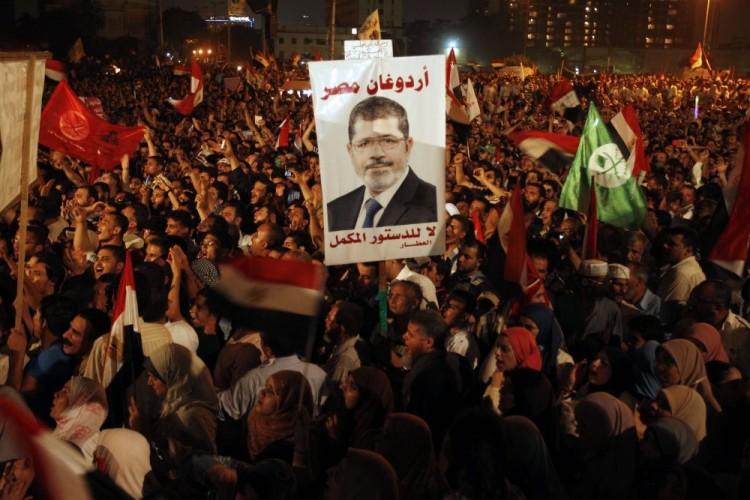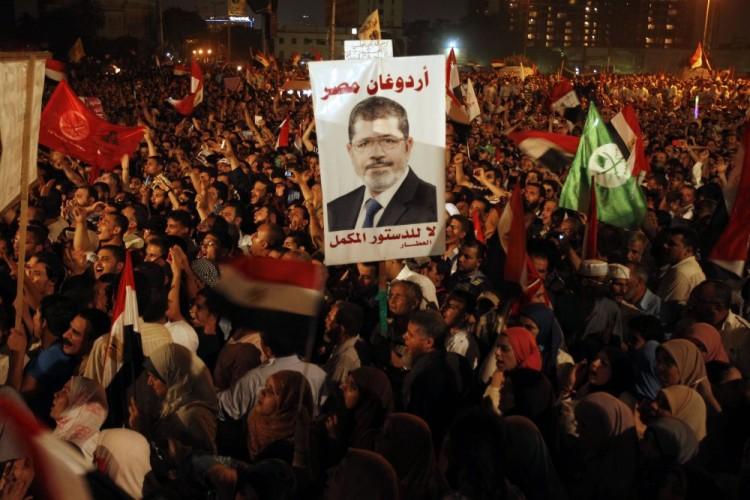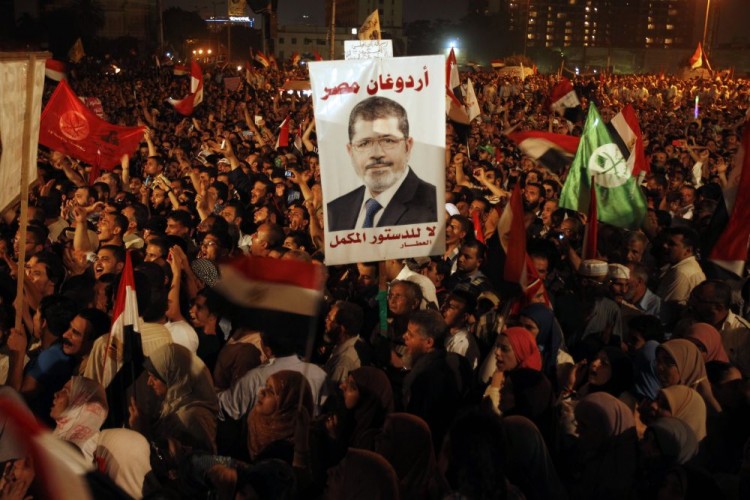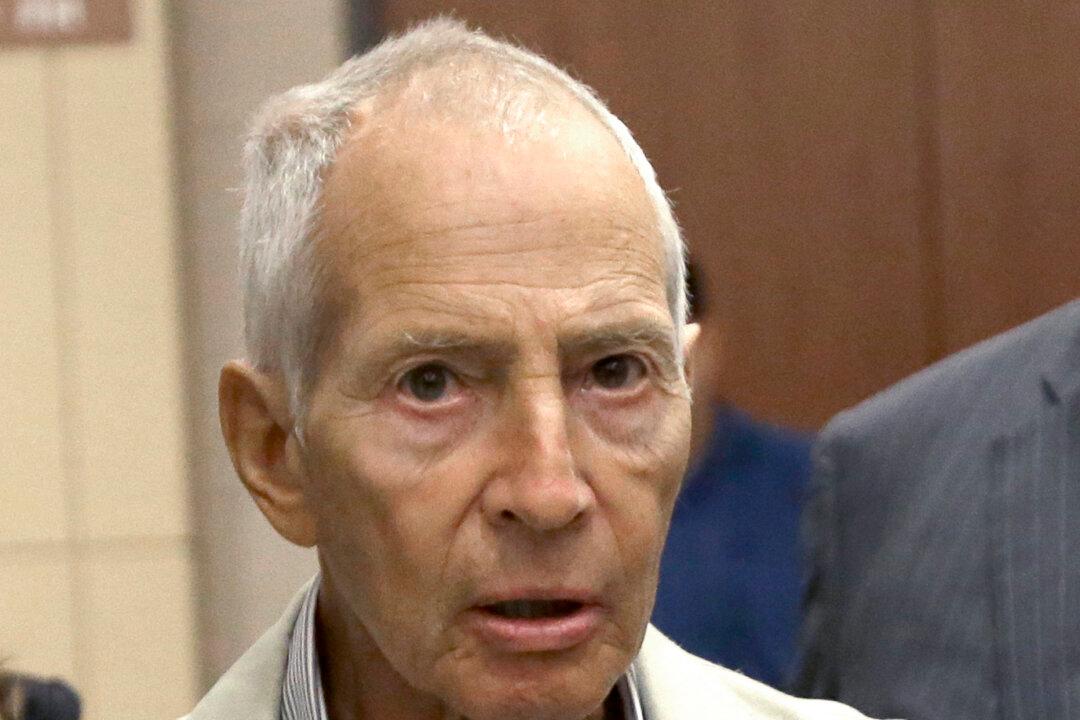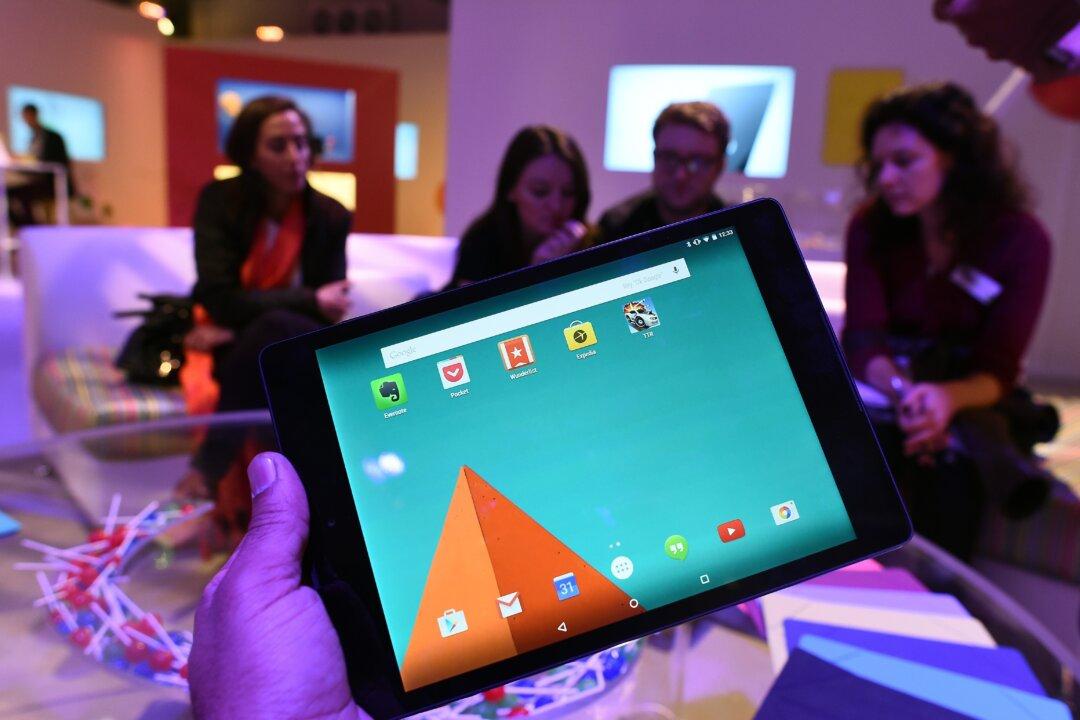Former Egypt President Hosni Mubarak was pronounced “clinically dead” on Tuesday after efforts to resuscitate him failed after he suffered a heart attack, state media reported.
His lawyer, however, told the Al-Ahram publication that he is still alive, with efforts to revive him taking some effect. Another source told Al Jazeera that he is still alive on life support.
Thousands of demonstrators have flooded Tahrir Square in Egypt on Tuesday night, mainly to protest a constitutional amendment that would grant the ruling junta of the Supreme Council of the Armed Forces (SCAF) more power.
Al-Ahram reported that they started cheering at the news of Mubarak’s death, with demonstrators singing the national anthem.
But their focus was mainly on the SCAF’s recent power consolidation.
“How come they announced such a declaration?” a young Egyptian protester said according to the newspaper. “Are we adolescents [to accept it]?”
The mishmash of protesters included Islamists, liberals, and others, all criticizing the SCAF and its leader Field Marshal Hussein Tantawi, who has served as the de facto ruler of Egypt since protests toppled former President Hosni Mubarak’s regime last year.
“Down, down with the military regime,” was one slogan chanted in Tahrir Square—the same locale where the anti-Mubarak demonstrations had taken place in early 2011, and where people have gathered in Cairo ever since to express their voice.
Another slogan heard on the square was, “The military council has no legitimacy” and “Tantawi, leave.”
There is still uncertainty over who won last weekend’s presidential election. Ahead of the official vote count, Muslim Brotherhood candidate, Mohammed Morsi, said he was victorious while former Mubarak-era official Ahmed Shafik has said the same thing.
The Muslim Brotherhood led the Tahrir Square protests, with many protesters holding large photos of Morsi. According to Al-Arham, many independent vote counters said that Morsi did come out on top.
Many of the protesters were described as “joyous” by the independent Bikya Masr publication, who said they celebrated Morsi’s apparent “victory.”
“Morsi is our leader and he will fight the military,” many demonstrators chanted, while openly criticizing Shafik, calling him a “shoe”—a common insult in the Arab world.
However, the chants and slogans reflect the uncertainty that pervades Egypt after the SCAF declared that it can veto the wording of the country’s constitution and the recent move to dissolve parliament just a few months after its members were elected.
A spokesperson for Morsi said on Sunday that the Brotherhood candidate will not “take orders from anyone,” referring to the SCAF, if elected.
The Epoch Times publishes in 35 countries and in 19 languages. Subscribe to our e-newsletter.
